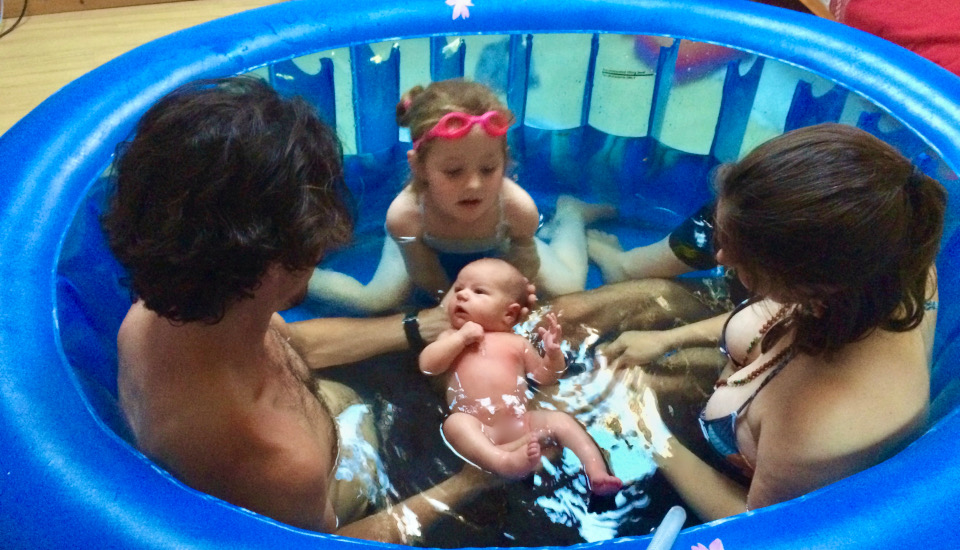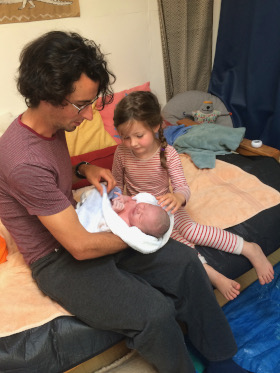
Baby Communication Awareness Week Day 1
14 – 20th June 2021
After months of waiting, preparation and imagining, meeting a new baby unlocks an unexpected set of physiological, sensory and behavioural responses that parents can never fully anticipate. Many of these responses are mammalian traits, such as checking and exploring the newborn all over. Others come from the baby, like the magical moment of greeting, when a newborn turns towards parents’ faces, usually the mother, but more and more often, the father too.

Even when the wondrous cocktail of birth hormones is modified by interventions, the first few hours can be an intense time of mutual discovery in which the baby is taking an active part. Newborn crawl, the programmed self-propelling of newborns to their mothers’ breasts by pushing surprisingly strongly with their tiny feet, includes pauses to check the contours of mothers’ faces. It’s not just about food… In fact, many newborns are first interested in feeling contact through touch and gaze. If there is a delay, the process is resumed later, when possible. Klaus and Klaus’ book ‘Your Amazing Newborn’ (1999) popularised newborns’ talents as innate communicators of love just as much of need. It reassured parents that love at first sight is rare, but that learning to observe and respond to their babies invariably creates love.
In cultures where souls are given great importance, the hours following birth require special closeness and protection to ensure babies’ safety. Amazonian indigenous mothers and fathers watch over their newborns together in their hammocks as they are fed and watched by relatives. This is to ensure that both parents and babies can live this transition as ‘real human beings’, attuning each other to the sensory and social cues that create a ‘newborn family’.
With the ritualised practice of ‘skin to skin’ contact after birth, particularly as babies are placed on fathers’ chests, newborns are given the comfort they need to reach out to those who hold them. But are we still missing important details? Light, timing,how to be quietly present? Are these missed even in home births? Alerting new parents to the primary importance of communication for their newborns in the first hours after birth is perhaps one of the main messages that an effective birth education needs to convey.

Françoise Freedman
Founder & Director of Birthlight
Françoise is a pioneer, Senior Yoga Teacher, acclaimed writer and lecturer of Social Anthropology at the University of Cambridge.